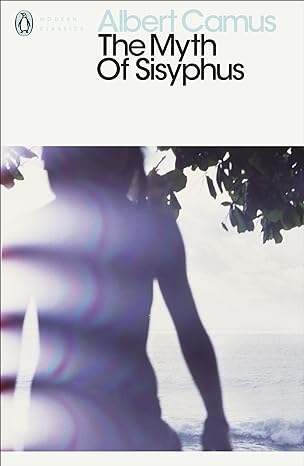Description
Is life worth living? If human existence holds no significance, what can keep us from suicide? In this book, the author argues if there is no God to give meaning to our lives, humans must take on that purpose themselves. It also argues for an acceptance of reality that encompasses revolt, passion and, above all, liberty.
Albert Camus (1913–1960) was a French-Algerian philosopher, author, and existentialist thinker known for his exploration of the absurdity of human existence. His most famous works include the novel “The Stranger” and the essay “The Myth of Sisyphus.”
Camus’ philosophy centered around the idea of the absurd, the conflict between the human desire for meaning and the indifference of the universe. He argued that while life lacks inherent meaning or purpose, individuals must confront this absurdity with defiance and embrace the struggle for meaning and authenticity.
Rejecting nihilism, Camus advocated for the creation of personal meaning through the experience of life’s inherent absurdity. He emphasized the importance of living passionately and authentically, despite the inherent challenges and uncertainties of existence.
Camus was also deeply concerned with ethics and social justice, critiquing both the injustices of colonialism and the totalitarianism of his time. He famously declared that one must imagine Sisyphus happy, suggesting that despite life’s absurdity, finding purpose and contentment in the struggle itself can lead to a meaningful existence.
Camus’ writings continue to inspire readers around the world, challenging them to confront life’s absurdities with courage and integrity, and to find meaning in the midst of uncertainty.






Reviews
There are no reviews yet.